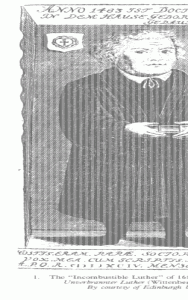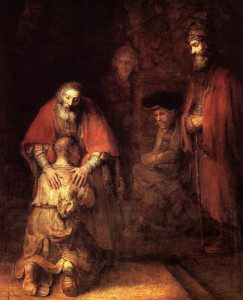I have just returned from Europe, where, among other things, I led a 10-day study trip in search of the origins of Protestantism in the former East Germany, now among the most secular places on earth as sociologists of religion reckon. As one Lutheran pastor put it during the twilight of the Soviet Era, “the people [here] have forgotten that they have forgotten God.” But one need not believe in God to profit from those who do. Many of... Read more

















